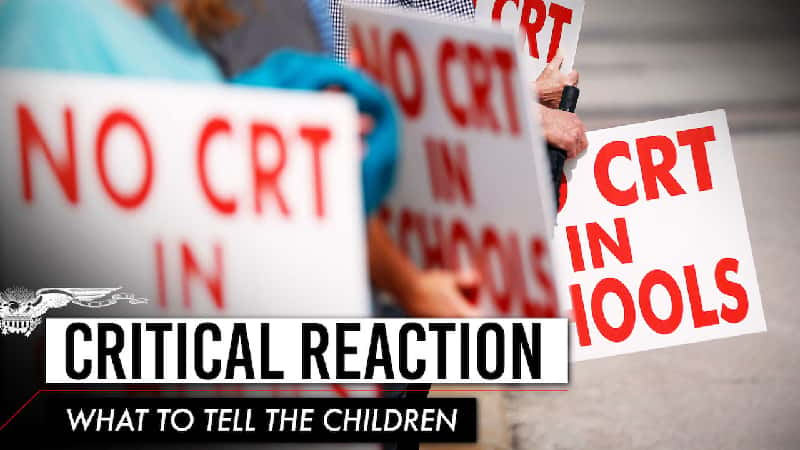
The summit offers an important opportunity, indeed a responsibility, for Biden to outline America’s expectation that true alliances require fair burden-sharing. He will rightly reaffirm the U.S. commitment to NATO’s Article 5 mutual defense stipulation, but he must also explain why the alliance is not currently credible as a deterrent against prospective enemies such as Vladimir Putin’s Russia.
The credibility of a military alliance rests on its capability and the willingness to act. Biden should then emphasize that the United States continues to bear an unfair burden in this regard. And he should make clear that in this unfair burden, the risk grows of a future president withdrawing from NATO.
Considering the relief of Europe’s wealthy powers that Biden has replaced Donald Trump in the White House, such a message coming from Biden might find an unusually receptive audience. These leaders are now at least somewhat aware that they ignored former Defense Secretary Robert Gates to their peril. In 2011, Gates warned, “If current trends in the decline are not reversed, future U.S. political leaders — those for whom the Cold War was not the formative experience that it was for me — may not consider the return on America’s investment in NATO worth the cost.”
Trump made that fear real.
After four years of Trump’s cajoling, NATO allies continue to shortchange their shared commitment to defense. In 2022 (COVID-19-related economic effects make the 2021 statistics misleading), only Britain, the U.S., the Baltic states, Romania, and Greece are likely to spend at least 2% of their GDP on defense. This is the NATO basic minimum target, one that all NATO members pledged to move toward at their 2014 summit.
A case might be made that the poorer of NATO’s 30 member states deserve a little more time to reach this target. However, wealthier nations such as Belgium, France, Germany, Italy, and Spain have no such excuses. France hovers just below 2%. In 2019, Belgium and Spain spent barely more than 0.9% of their GDP on defense. Italy spent just 1.22% of GDP.
As for Germany, it continues to spend just 1.3%-1.4% of its GDP on defense. This failure comes after Angela Merkel's government repeatedly pledged to get to 2%. This disregard for burden-sharing is a moral and strategic disgrace. And as Europe’s most powerful economy and the European Union’s most influential power, Germany offers political cover for other states to continue their own defense skimping.
It’s not just about spending. When it comes to the most important of military exercises and deployments, only a familiar few hold the line. Facing Russian territorial claims and military deployments in the Arctic and off NATO member Norway’s borders, NATO now conducts increased naval and air exercises. But only Britain, Norway, and the U.S. do so reliably. The same is true in the Mediterranean, where France joins Britain and the U.S. in challenging Russian threats to NATO’s southern flank.
Meanwhile, the Italian, Spanish, and German navies remain comfortably ensconced in their home ports, preferring to let their allies do the heavy lifting to temper Russian aggression. These powers are proving Putin right in his assessment that his dangling of aggression will cow and divide the allies rather than coalesce NATO states against him.
Unfortunately, Biden has thus far enabled rather than discouraged NATO’s strategic atrophy. Out of disdain for Trump’s temperament on NATO, he is failing to appreciate the substance behind it. Moreover, Biden has reversed planned Trump troop cuts in Germany and refused to enforce congressional sanctions against Russia’s Nord Stream II energy pipeline. What message does this send to Merkel and like-minded counterparts? We suggest it may just send the message that Biden is quite happy to keep providing a blank check for European security.
NATO is the most successful alliance in history. It has kept peace among the great powers since the end of the Second World War. In a nuclear age in which the capacity for mass destruction is nearly limitless, the value of this success should not be discounted.
But where, as now, this once-proud alliance exists as a pretense by many and excess efforts by a few, its survival is at risk. If Biden truly cares about upholding a democratic international order, he must deliver more stern words and fewer glowing smiles to Brussels.
No comments:
Post a Comment